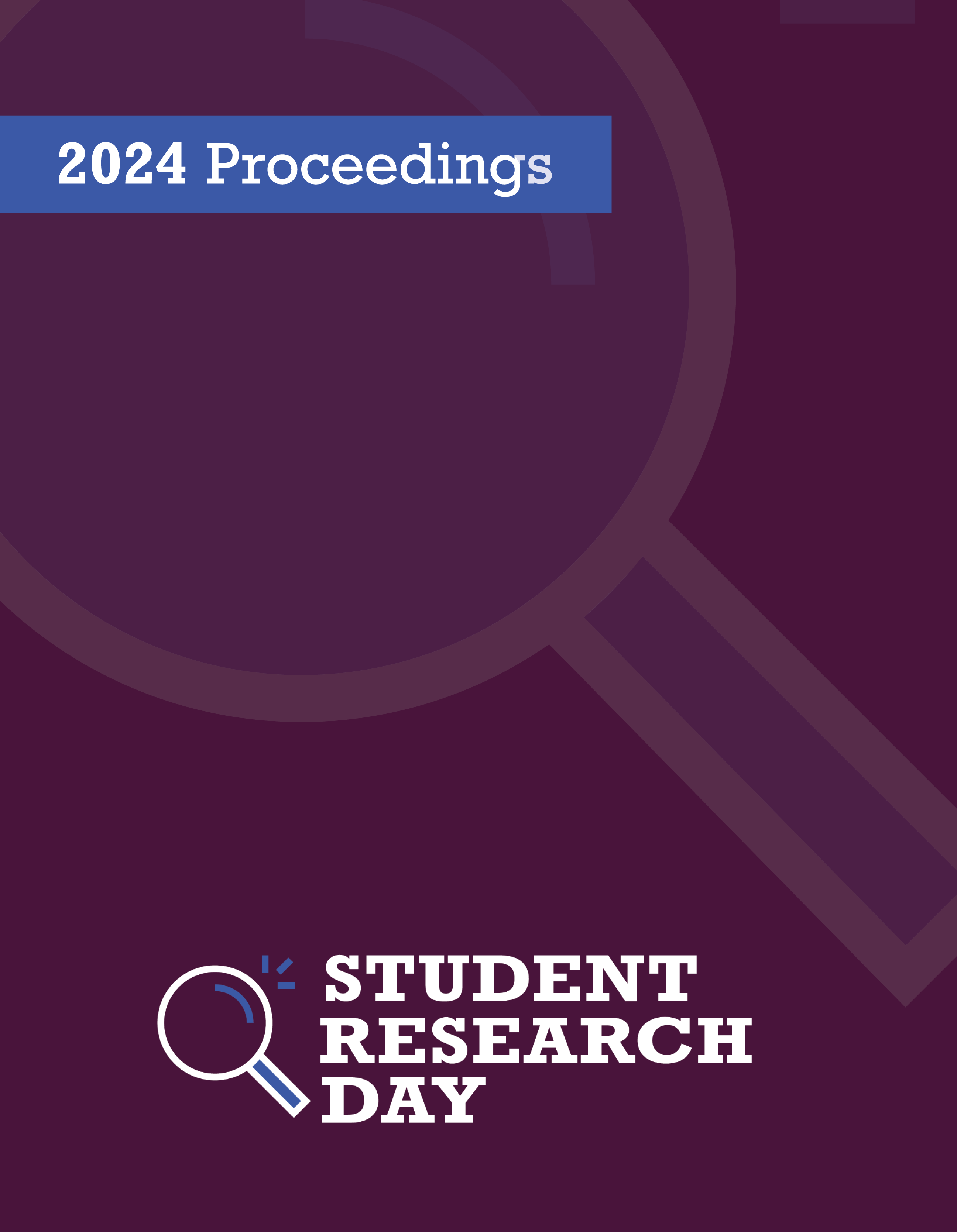China’s One-Child Policy Through the Feminist Lens
Abstract
The one-child family policy was developed and enacted in 1979 to mitigate concerns about social and economic problems from rapid population growth. The policy was more effective in urban areas than rural areas, and the policy witnessed uneven enforcement throughout mainland China. I will examine the historical context and repercussions of the one-child policy and discuss the main criticism of it (its amplification of discrimination against women, who, as a result of the policy, faced forced sexual procedures, infanticide, abandonment, and a skewed gender ratio) through the perspective of feminism and feminist theory in policy-making and policy analysis. Women bore the burden of following the one-child policy disproportionately to their male counterparts. Thus, feminist theory is a crucial lens in evaluating the one-child policy, considering women (especially rural women who were restricted in their choices of birth control - IUD or sterilisation) were the primary targets because of their ability to bear children. With existing patriarchal traditions and beliefs, the one-child policy caused a surge in violence against women, thereby creating a cycle of inequality. Amongst women, the most targeted demographic was rural, low-income women who could not afford the fines and thus were subject to other brutal punishments. Widespread abandonment and murder of female babies, frequent coerced and sex-selective abortions, and China’s continued struggle with the demographic challenges the one-child policy created demonstrate the policy’s enduring repercussions. The policy challenged the core beliefs of the feminist theory- equality and autonomy. The government failed to consider their female citizens and ignored feminist beliefs to ensure obedience to the policy, which indicates the government did not see women as first-class citizens who were entitled to autonomy and protection.
Faculty Mentor: Dr. Marielle Papin
References
Downloads
Published
Issue
Section
License
Authors retain any and all existing copyright to works contributed to these proceedings.



